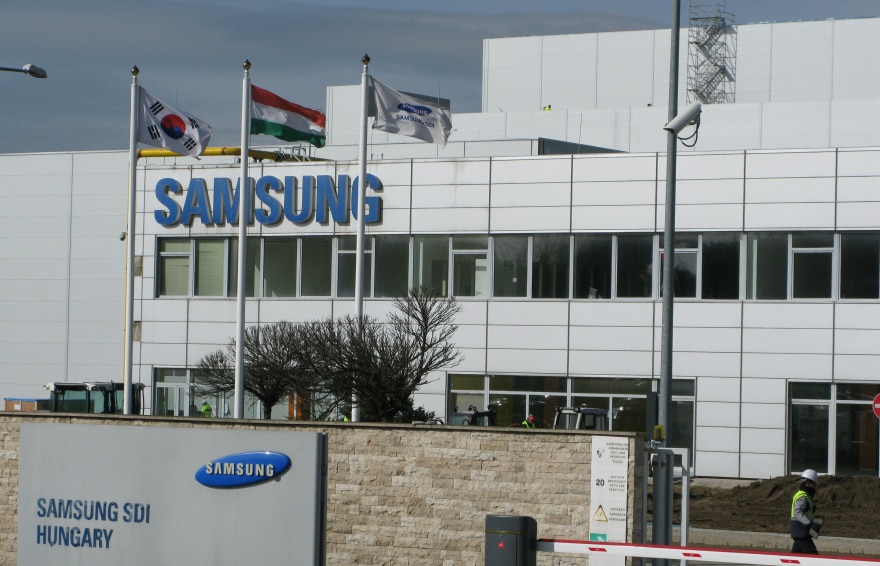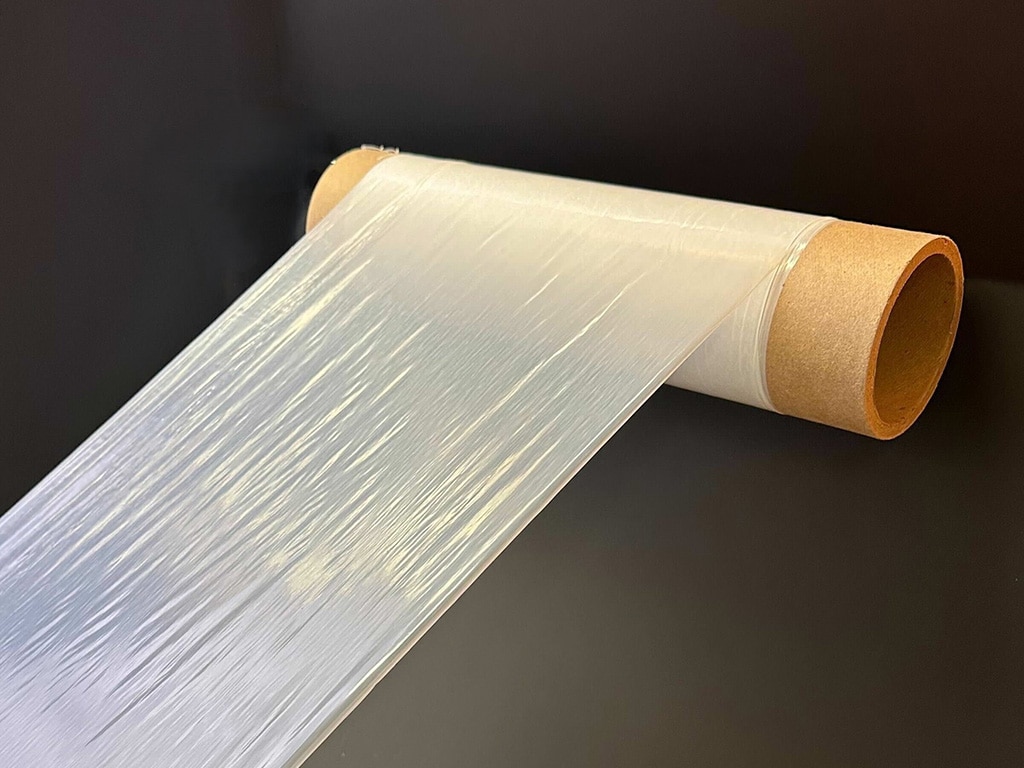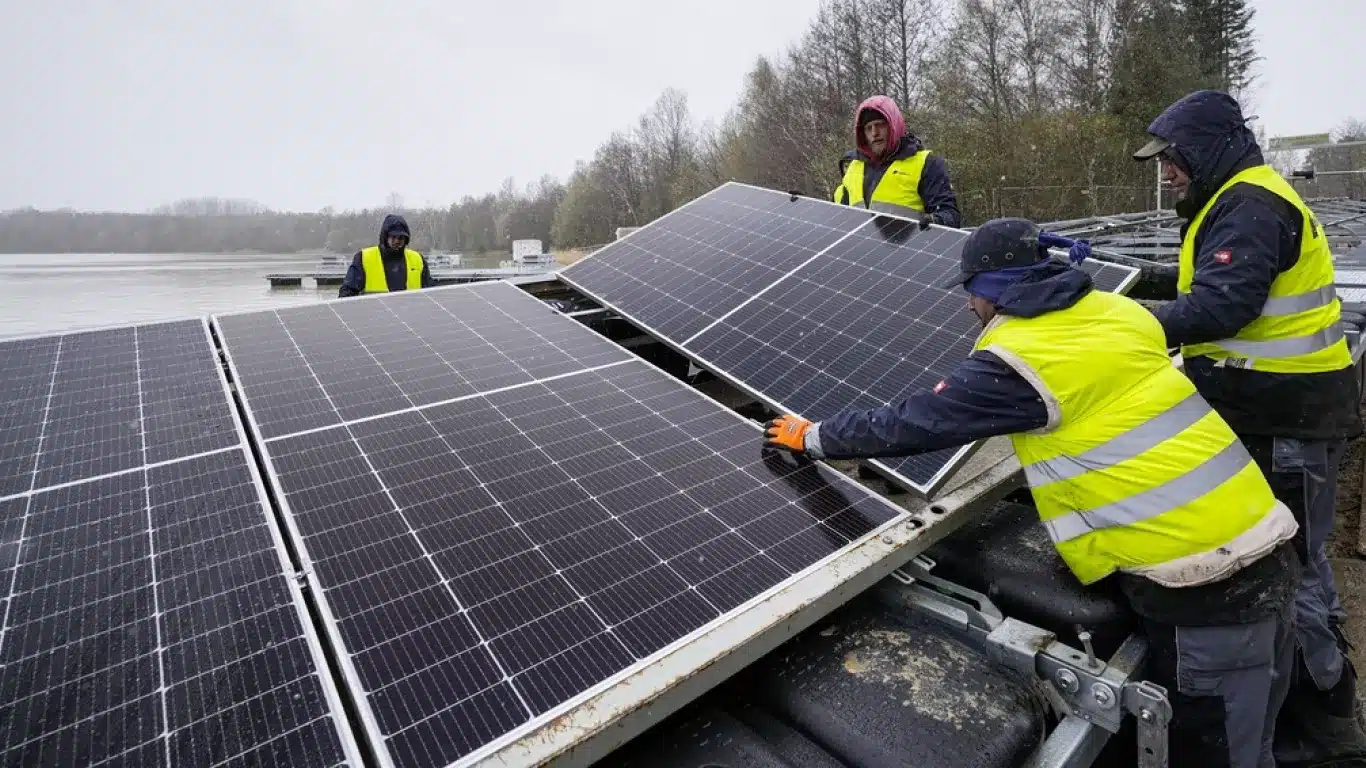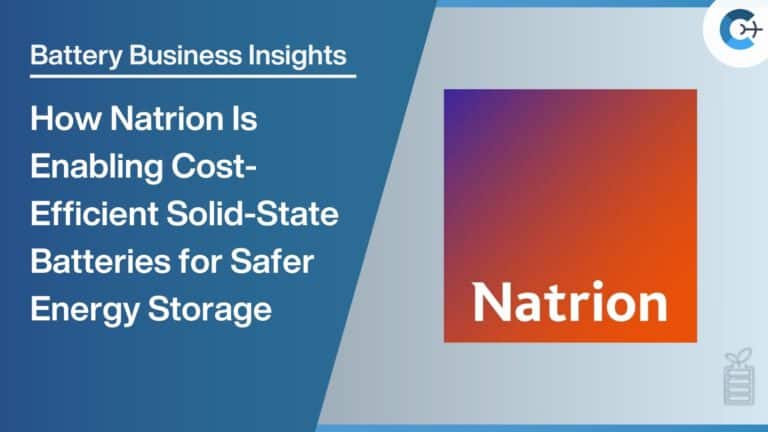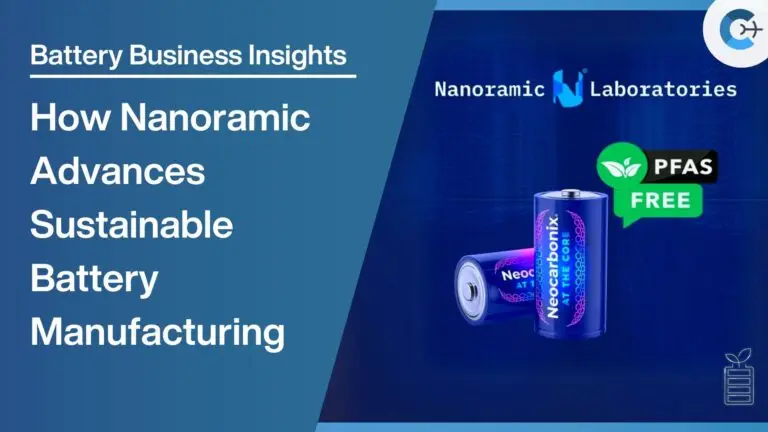Samsung SDI has commenced a significant expansion and upgrade of its battery manufacturing facility in Göd, Hungary, following a 1.65 trillion won capital increase. The funds, raised through a fully subscribed rights offering to employees and existing shareholders, will support production enhancements to meet growing demand for prismatic batteries in the European market.
The company plans to allocate approximately 323.6 billion won to modernize its first factory and expand capacity at its second factory, with work expected to begin immediately. Established with over 2 trillion won in investments, Samsung SDI’s Hungarian complex originally converted a former cathode-ray tube plant for electric vehicle battery production in 2017 and added a second factory in late 2022. Together, the facilities can produce up to 40 GWh of batteries annually, enough for roughly 600,000 mid-size EVs.
Currently, the first factory uses a winding process, while the second employs a stacking method that yields higher energy density. Samsung SDI intends to standardize production on the stacking process by converting the first factory and further scaling the second. This shift will align the site with new supply contracts, which predominantly require stacked prismatic cells.
The expansion responds to accelerating EV sales in Europe, driven by stricter CO₂ regulations. Since January, the European Union has capped average new-car emissions at 93.6 g/km, imposing fines of €95 per gram over the limit. In the first quarter of 2025, EV deliveries in Europe rose by 22.8% year-on-year to approximately 898,000 units, according to SNE Research.
Beginning in 2026, Samsung SDI will supply batteries for Hyundai and Kia’s European electric vehicles and aims to support about 500,000 vehicles by 2032. This initiative complements existing partnerships with BMW and Volkswagen and positions Samsung SDI to capitalize on tightening emissions standards and the associated rise in EV production and sales.
Source: Business Korea

